Hi, Please Stop Using Skincare Products That "Kinda, Sorta Sting"
Every time you tell me "it tingles, but it's fine," I die inside.

Here’s a phrase I hear from every single one of my friends as they describe their skincare products: “Yeah, I like it! I mean, it kinda stings and tingles, but I think it’s in a good way?” And then I promptly burst into a fiery ball of hell, screaming “NOOOoooo” as I disappear into the ether.
Because somewhere along the timeline of people forgoing dermatologists and buying their own skincare products, a misconception was born and accepted, that a product isn’t really “working” unless you can feel it doing something to your skin—i.e. tingling, warming, stinging, tightening, burning, etc.
But, fun little fact, that notion is completely, totally, 100 percent wrong. Your skincare products should feel like nothing. Actual nothingness. “If you’re feeling a sensation from whatever you just applied to your face, it means you’re disrupting your skin barrier,” says Mona Gohara, MD, dermatologist at Yale University.
Here’s where your eyes glaze over and you start to skim, but don’t. Because I know the idea of messing with your “skin barrier” sounds clinical and confusing and easy to ignore, but it’s truly the root cause of almost every skin issue you could have, including wrinkles, redness, bumps, acne, and irritation. So, uh, pretty damn important, if you care about your face.
“Your skin barrier acts like a brick-and-mortar wall for your skin, keeping the moisture in and the irritants out,” says Dr. Gohara. “But when you use a product that’s too harsh for your skin, the wall becomes hole-y and broken, so all of the water evaporates, and every irritant gets in.” The result? A rashy, red, irritated, broken-out, dry, dull, flaky face. Maybe not all of those symptoms at once, but slowly and steadily, your skin will get more sensitive and reactive over time (although, for yours truly, who used a barely harsh product for way too long, it eventually was all of those symptoms at once).
“People think something has to have a ‘feeling’ to it, or it’s not working, but what you’re feeling is your skin’s SOS signal asking for help,” says Dr. Gohara. And that SOS signal is often as innocuous as a tight, squeaky-clean feeling after washing your face, which is actually the hallmark symptom of a messed-up skin barrier. (Surprise!)
“It’s crazy how many people don’t realize their face wash contains the same ingredients in it as bar soap or hand soap,” she says. “The main ingredient in bar soap is sodium lauryl sulfate, a really harsh cleanser that completely strips your skin of its natural, necessary oils, and yet so many face washes have it.”
Get exclusive access to fashion and beauty trends, hot-off-the-press celebrity news, and more.
RELATED STORIES


It’s so common, in fact, that I’m willing to bet that even your fancy, expensive, cult-favorite cleanser has SLS in its ingredients list. “If you wash and dry your face and leave it alone for 10 minutes, it should still feel completely plump and moisturized, with zero tightness, dryness, or shine,” says Gohara.
If it feels, well, like anything at all (your skin shouldn’t have a describable sensation when you move it, even if you have naturally dry skin, like moi), then you’re using a cleanser that’s too harsh, even if it doesn’t have SLS in it. My personal favorite cleanser for all skin types, including acne- and oil-prone, is the Aquation Gentle Moisturizing Cleanser, which totally changed my skin game.
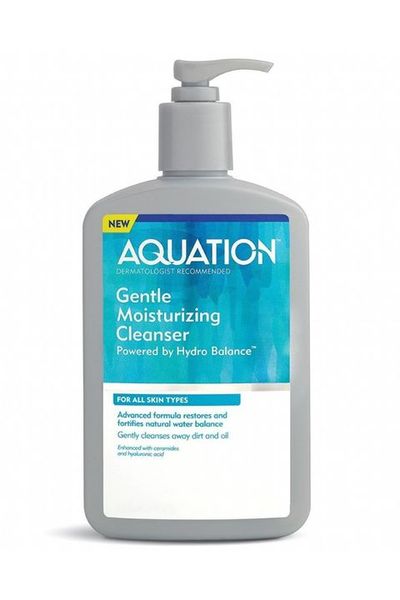
Another major skin-ruiner: masks. Don’t worry, I’m not talking about your beloved sheet masks, but instead the scoopable clay and charcoal masks that suck the life out of your skin. “I’m not against using jarred masks if you have really oily skin, since they do such a great job of soaking up excess oil, but they’re absolutely too harsh for anyone with dry or sensitive skin,” says Gohara. And the black peel-off masks you see all over Instagram? Forget it. “Most of them just peel off the top layer of your skin, which can be really damaging, and doesn’t actually do anything for your blackheads,” she says.
I’m sure you’re feeling personally attacked right now, so let me also tell you that your skin sabotage is not totally your fault. So many of the products we grew up using (lookin’ at you, acne-fighting face washes) were advertised to be “tingling” and “refreshing” and “energizing,” making everyone believe that good products actually should zap your skin a bit. Or, at the very least, feel like something.
In reality, though, it’s all just a side effect of advertising. “Beware of anything that promises to be cooling or zesty or energizing or any other buzz word,” says Dr. Gohara. "Not only are those sensations usually the result of damaging ingredients, but they could also be hiding real side effects you need to pay attention to, like burning or stinging.” And, while you’re at it, she adds, “steer clear of any packaging that has citrus fruit on it, since whatever’s in that bottle is automatically going to be too harsh for anyone’s skin.”
RELATED STORIES
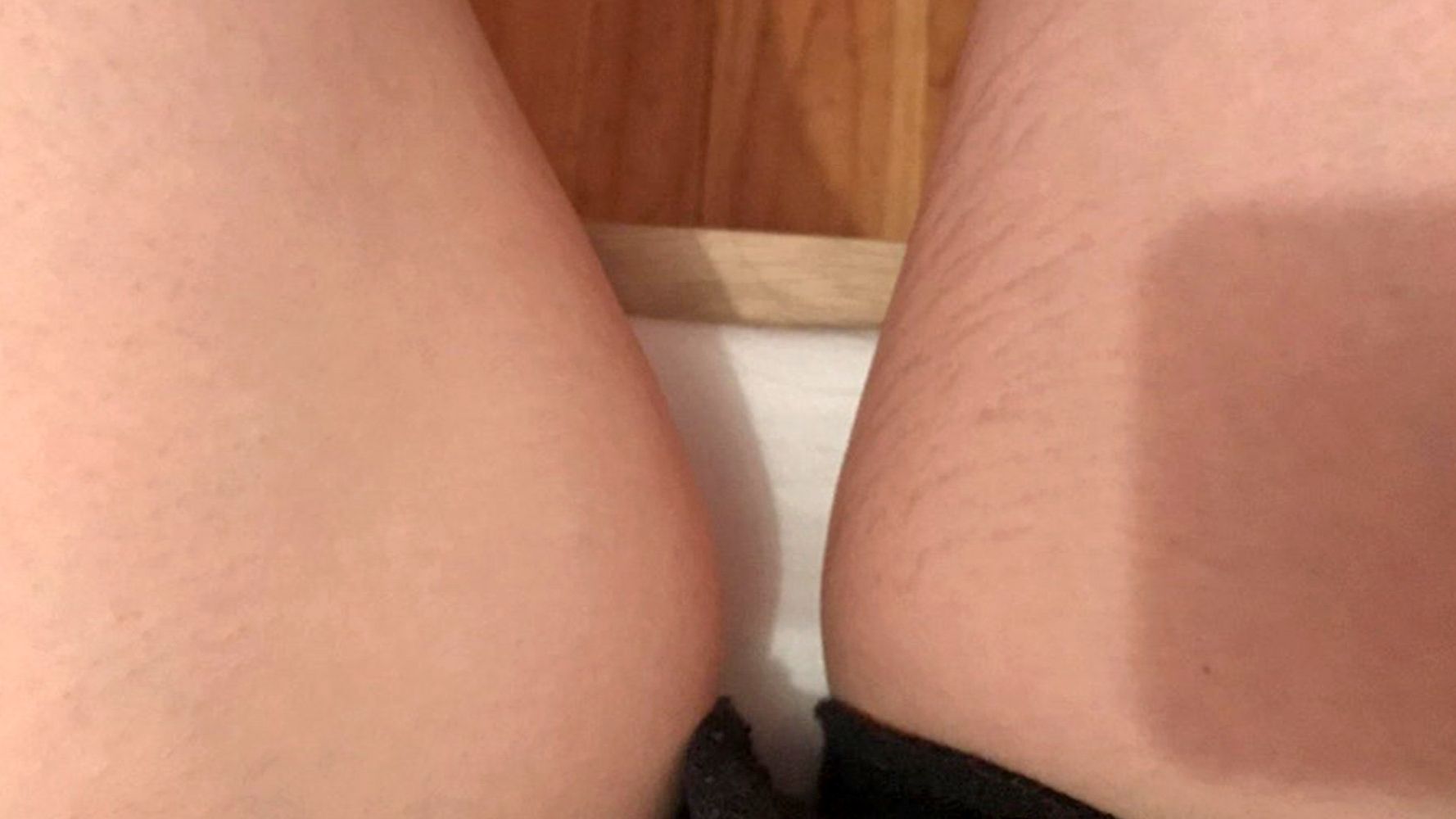
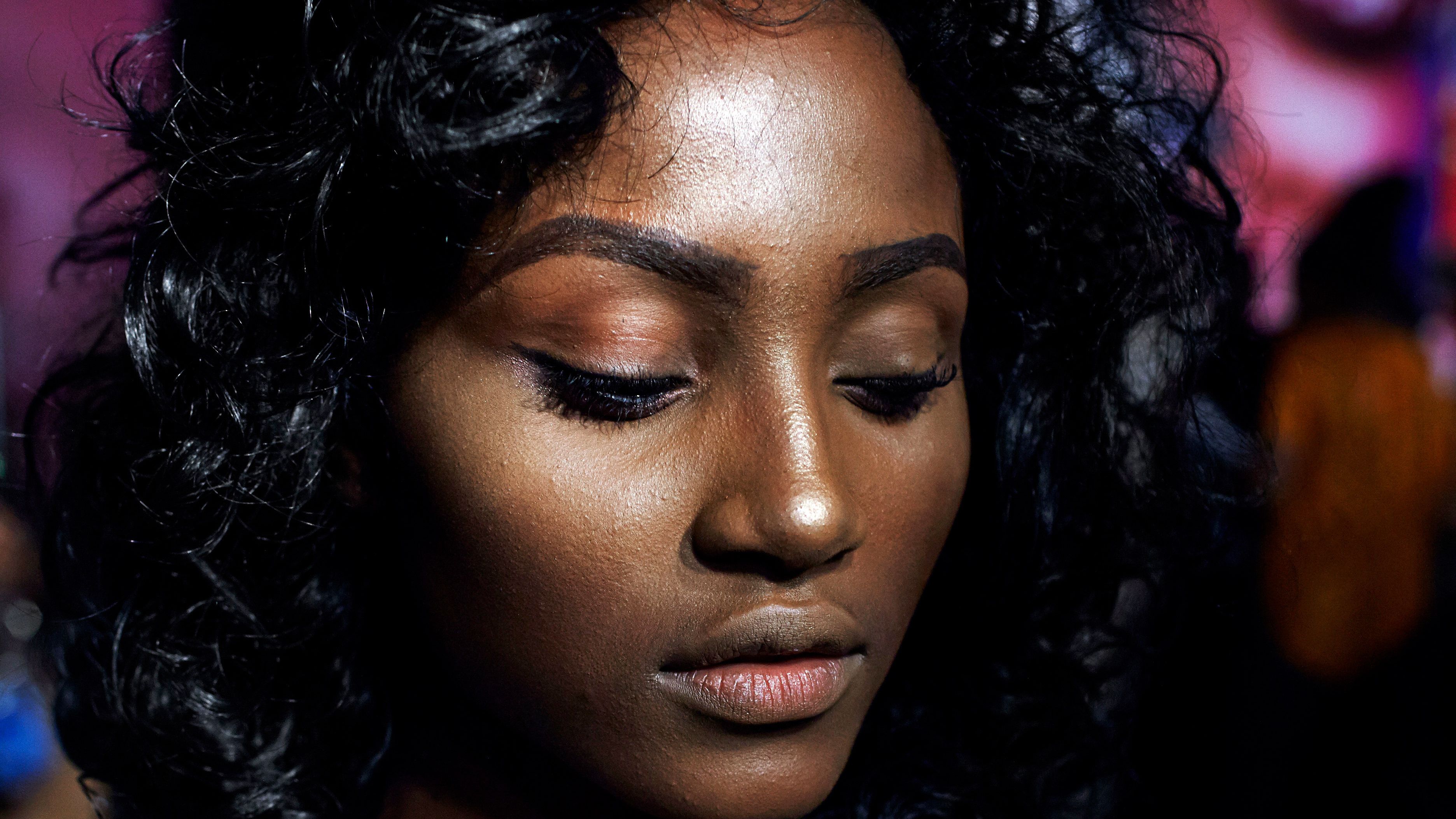
Got all that? Good. If you're totally crippled right now with fear of slathering anything on your face, don't freak. "As long as you pay attention to how your skin feels during and after using a product a few times, you'll know what does and doesn't work for you," says Dr. Gohara.
If you want to be super awesome, skim the labels on your products and toss anything that contains sodium lauryl sulfates—or use it as body wash or shave gel, instead—since it's only doing damage to your face. And please, for the love of all things beauty, pass on this message, so we can officially eradicate the phrase, "Um, it sort of stings, but maybe in a good way?" from existence.
RELATED STORY
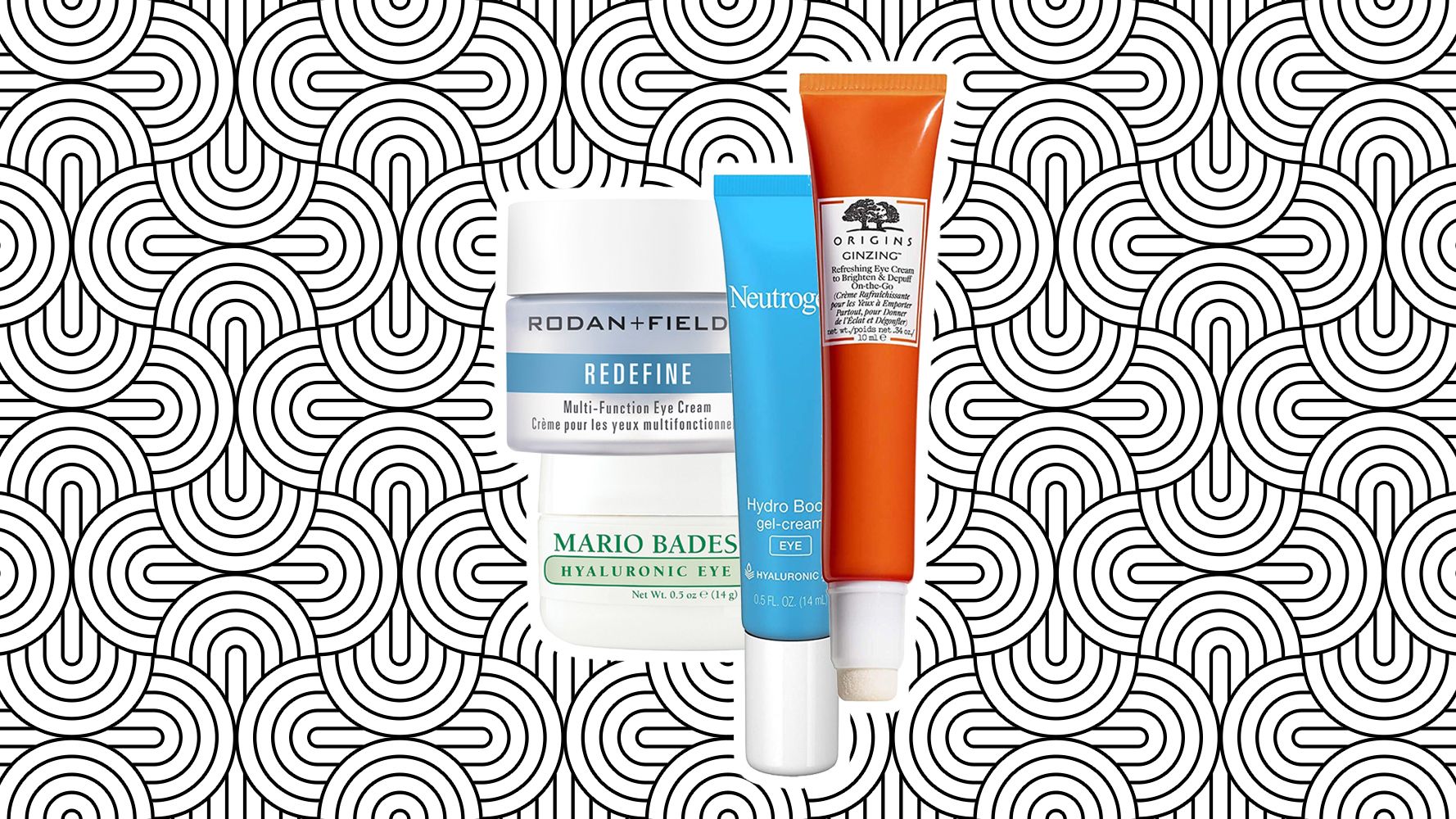
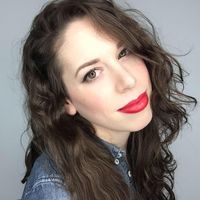
Chloe Metzger is the deputy beauty director at Cosmopolitan, overseeing the editorial content and growth strategy of the hair, makeup, and skin space on digital, while also obsessively writing about the best hair products for every hair type (curly girl here; whattup), and the skincare routines that really, truly work (follow her on Instagram to see behind-the-scenes pics of that magazine life). She brings nearly a decade of writing and editing expertise, and her work has appeared in Allure, Health, Fitness, Marie Claire, StyleCaster, and Parents. She also has an unhealthy adoration for Tom Hanks and would like to please meet him one day, if you could arrange that. Thanks.